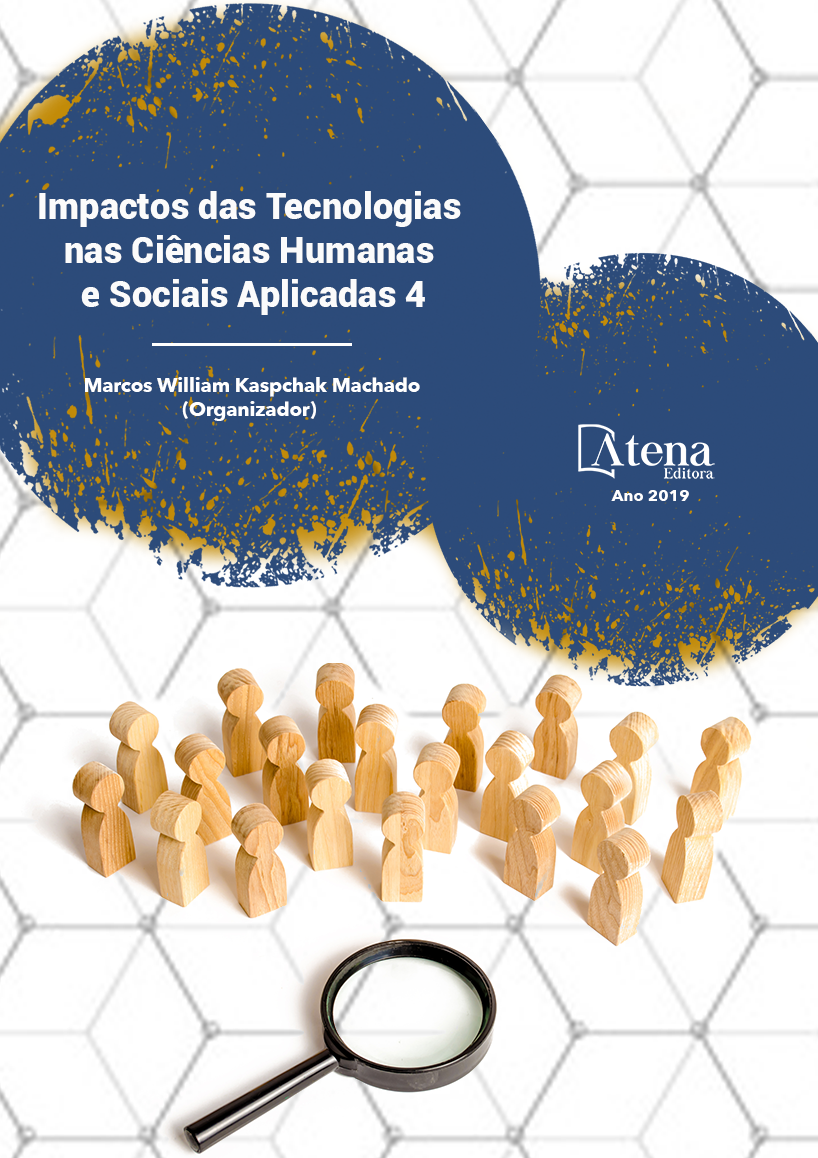
A PRESENÇA DA DANÇA NOS CENTROS MUNICIPAIS DE EDUCAÇÃO INFANTIL DE GOIÂNIA
O presente trabalho almejou
apresentar a pesquisa intitulada “Dança e
Infância: em cena os Centros Municipais de
Educação Infantil da cidade de Goiânia” que
integrou o projeto “Dançarelando: a práxis
artístico-educativa em dança com crianças”. Tal
investigação, teve como objetivo compreender
as diferentes possibilidades nas quais a dança
é oferecida em 08 instituições públicas que
atendem os pequenos. A metodologia partiu
de uma abordagem qualitativa, com caráter
de estudo de caso (YIN, 2009), sendo o
instrumento de coleta de dados, um questionário
previamente testado, com perguntas abertas e
fechadas (MARCONI e LAKATOS, 2012). Para
a interpretação dos dados, utilizou-se análise
de conteúdo (BARDIN, 1977), criando seis
categorias: dança como área de conhecimento,
dança como atividades musicais, dança como
expressão cultural, dança como catarse, dança
como produto artístico e dança como meio. A
pesquisa revelou que a dança está inserida
no cotidiano dessas instituições de maneira
multiconceitual e diversificada; além de
múltiplas variações metodológicas ao organizar
o trabalho em torno de tal conhecimento. Na
maioria dos casos, a dança é um meio para
atingir conteúdos pedagógicos ou utilizada em
atividades de musicalização. Inferimos a partir
disso, a carência na formação dos professores de
Educação Infantil em relação à essa linguagem,
revelando que a dança como arte, está pouco
presente nos universos educacionais formais.
Destacamos, por fim, que as próprias docentes
apontaram a necessidade do profissional de
dança na escola.
A PRESENÇA DA DANÇA NOS CENTROS MUNICIPAIS DE EDUCAÇÃO INFANTIL DE GOIÂNIA
-
DOI: 10.22533/at.ed.64019110332
-
Palavras-chave: dança, criança, formação de professores, prática educativa.
-
Keywords: dance, child, teacher training, educational practice.
-
Abstract:
The present work aimed to present
the research “Dance and Childhood: on the
scene the Municipal Centers of Early Childhood
Education of the city of Goiânia” that integrated
the project “Dançarelando: the artisticeducational
praxis in dance with children”. This
research aimed to understand the different
possibilities that dance is offered in 08 public
institutions that serve kids. The methodology
was based on a qualitative approach, with a case study character (YIN, 2009). The
data collection instrument was a previously tested questionnaire with open and closed
questions (MARCONI and LAKATOS, 2012). For the interpretation, we used content
analysis (BARDIN, 1977), creating six categories: dance as an area of knowledge,
dance as musical activities, dance as cultural expression, dance as catharsis, dance
as an artistic product and dance as a medium. The research revealed that dance is
inserted in the daily life of these institutions in a multiconceptual and diversified way;
as well as multiple methodological variations when organizing the work around such
knowledge. In most cases, dance is a means to achieve educational content or used in
music activity. We infer from this, the lack in the training of teachers of Early Childhood
Education in relation to this language, revealing that dance as art, is little present in
the formal educational universes. Finally, we emphasize that the teachers themselves
pointed out the need of the dance professional in the school.
-
Número de páginas: 15
- Priscilla Gomes Coelho
- Andreza Lucena Minervino de Sá
- FERNANDA DE SOUZA ALMEIDA


